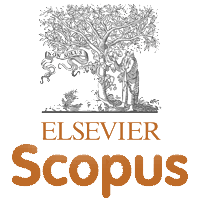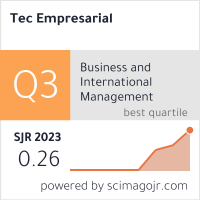KNOWLEDGE AND ATTITUDES TOWARDS ELECTROCONVULSIVE THERAPY (ECT) AMONG HEALTHCARE PROVIDERS AND MEDICAL STUDENTS IN HA’IL, SAUDI ARABIA
Abstract
Background: Electroconvulsive therapy (ECT) is controversial, yet its use is well established for various psychiatric disorders. Nevertheless, its utilization and acceptance among healthcare providers and medical students is significantly influenced by their knowledge of ECT and attitudes towards it. This study aimed to assess the knowledge of and attitudes towards ECT among healthcare providers and medical students in Ha’il, Saudi Arabia.
Materials & Methods: A cross-sectional survey was conducted between DEC 2022 and AUG 2023, in which participants were asked to complete a questionnaire assessing their knowledge of and attitudes towards ECT. A structured questionnaire was administered to collect data on demographic characteristics, ECT-related knowledge, and attitudes. Data were analyzed using chi-square tests and t-tests to identify any associations and differences, respectively.
Results: A total of 266 participants (healthcare providers and medical students) were included in the study. The majority of healthcare providers exhibited higher levels of knowledge compared with medical students (p < 0.05). Participants aged 19–25 demonstrated significantly better knowledge than older age groups (p < 0.05). Healthcare providers also showed more positive attitudes towards ECT and were more willing to consent to ECT treatment. Age, education, and specialty were significantly associated with knowledge of ECT, whereas gender and nationality were not. Additionally, healthcare providers with a specialty in psychiatry exhibited more positive attitudes towards ECT compared with other specialties (p < 0.05).
Conclusion: These findings highlight the need for targeted educational interventions to improve knowledge of and attitudes towards ECT among medical students and healthcare providers, ultimately leading to better patient outcomes and informed decision-making regarding ECT as a treatment option.






